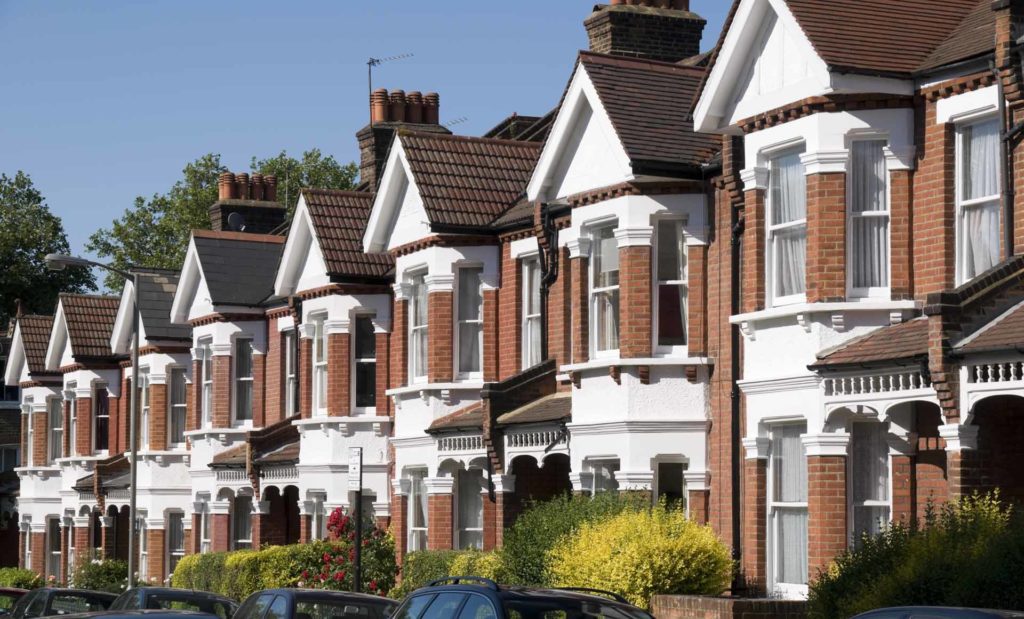
The Pound has strengthened over the course of March and is close to the highest levels seen since the EU referendum, after the government struck a provisional deal with the EU over a transition period to smooth the Brexit process. Sterling had fallen against the dollar earlier in the month amid a recovery in the value of the US currency, but has since recovered thanks to the progress made in the EU talks, ending the month up about 1.6%. The Pound is still worth about 5% less than it was immediately before the referendum.
The Pound appreciated against the dollar by over 8% since the Bank of England (BOE) raised its base rate at the start of November 2017. With at least one more rate rise expected this year, the Pound is likely to strengthen further in 2018. Oxford Economics predicts a rise to £1/$1.46 by the end of the year. In response, annual consumer price inflation has already fallen to 2.7% in February, down from 3.0% in January and the lowest since last July.
For our clients who took advantage of the weaker Sterling and the resulting increase in their buying power, there has already been some significant returns from a pure currency perspective. With positive sentiment carrying the Pound higher, those wishing to make further investments would be wise to act sooner rather than later.










